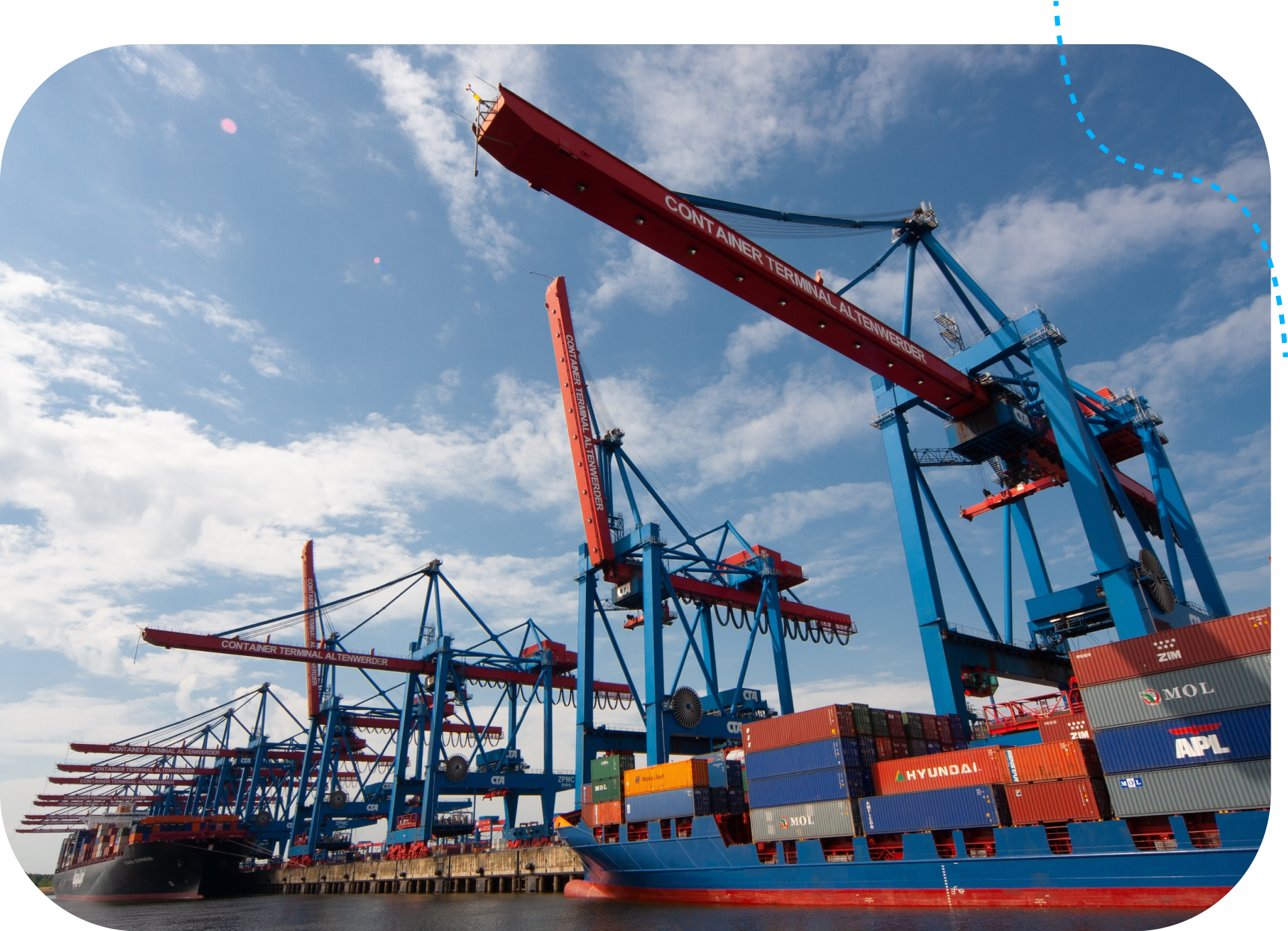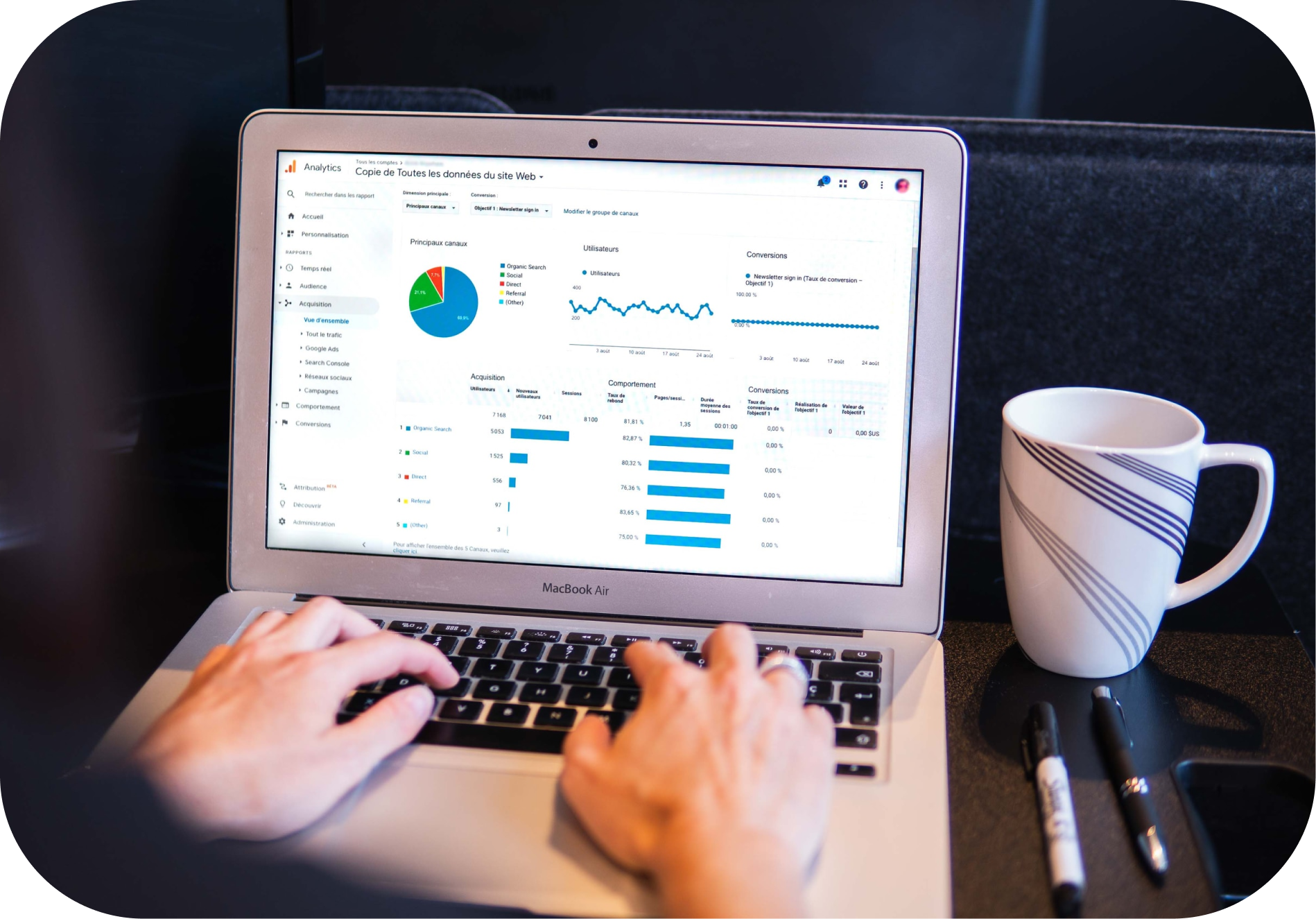PayServices only focuses on nations that are ready, willing and
able to provide their full institutional support to implement
PayServices' platform. There is no investment requirement because
PayServices' model allows for
an affordable and competitive convenience fee paid by
the merchants to cover the operational expenses when they collect
receivables, similar to a credit card.
The platform, due to its unique model, is
not competing with existing financial institutions
and/or freight forwarders in the market. On the contrary, the
platform facilitates and helps expedite the processing, accuracy,
standardization and compliance of the transactions. The system is
easy to join by all involved parties.








